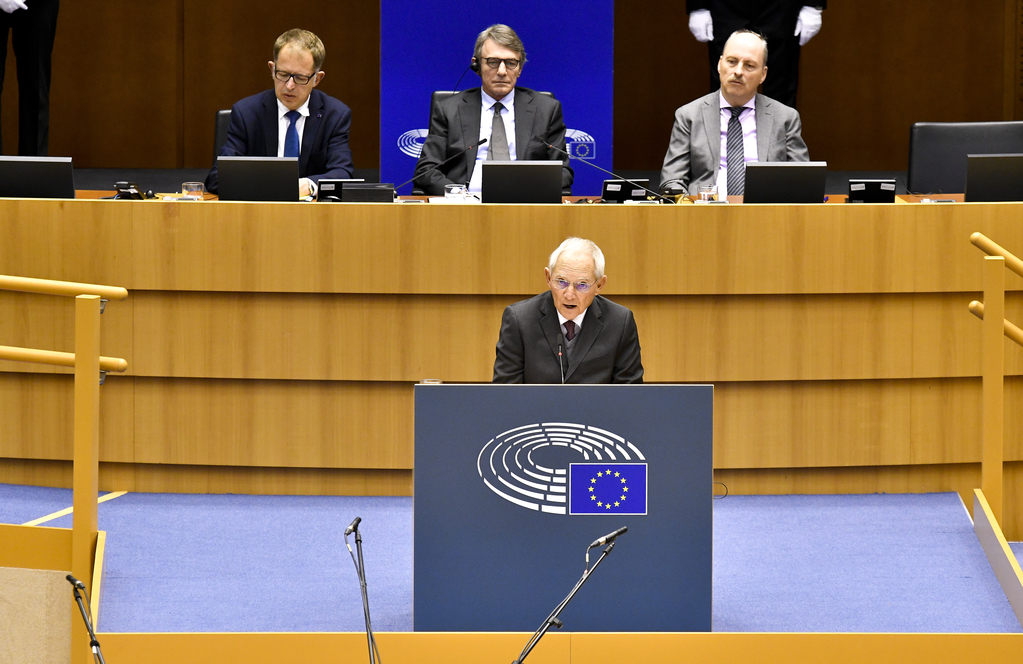Article – New beginnings: reassessing EU-Turkey relations

On 13 November, MEPs will debate Turkish drilling activities in EU waters in the Eastern Mediterranean. Although this is far from the only time that the Parliament raises concerns, the EU and Turkey do enjoy close links in many areas.
From trade to Nato, the EU and Turkey have enjoyed a productive relationship in many domains for decades. However, recently relations have turned frosty as concerns mount over Turkey’s military intervention in Syria as well as the rule of law and the state of democracy in the country with media outlets being closed and journalists being jailed.
These developments are all the more reason for MEPs to take another look at how the EU and Turkey are working together. Read on for an overview of the state of play on various aspects of EU-Turkey relations.
EU membership: suspension of accession talks?
Turkey has been an associate member of the European Economic Community since 1963 and applied to join in 1987. It was recognised as a candidate for EU membership in 1999, but negotiations didn’t start until 2005. Even after that not much progress was made. Only 16 out of 35 chapters have been opened and only one closed. After The Turkish government’s crackdown following the failed coup d’état on 15 July 2016 negotiations effectively ended and no new chapters have been opened since then.
In November 2016 MEPs adopted a resolution asking for the negotiations to be suspended while repression continues in Turkey. They repeated their call for suspension in a resolution adopted in July 2017 due to continuing concerns about the human rights situation. Although these resolutions are not binding, they send out an important signal.
MEPs regularly debate the situation in the country. For example, In February 2018 they discussed the human rights in Turkey as well as the country’s military operation in Afrin, Syria. That same month they also adopted a resolution calling on Turkey to lift the state of emergency.


